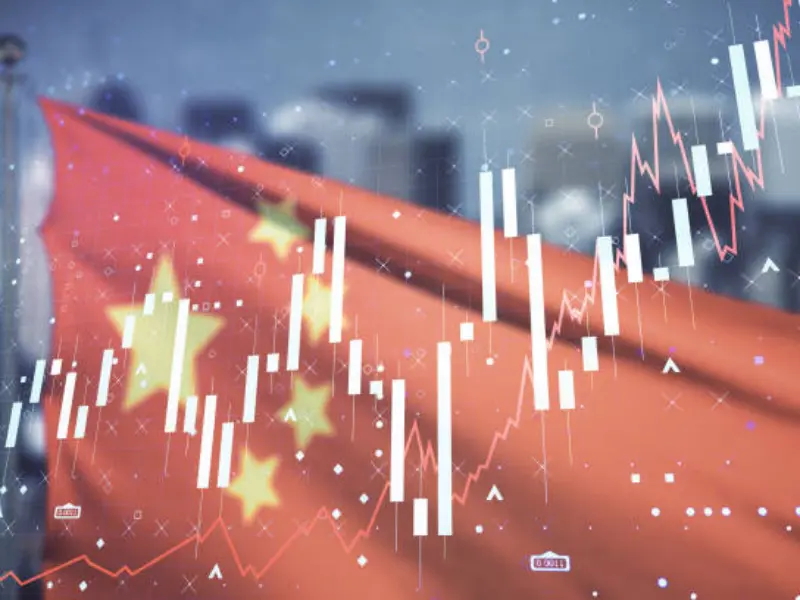- For the first time in two decades, China’s 30-year bond yields are set to fall below Japan’s, signalling growing concerns about China’s economic outlook.
- Amid fears of a “Japanisation” of its economy, China has implemented robust policy measures, including interest rate cuts and discussions of a stock stabilisation fund.
OUR TAKE
China’s 30-year government bond yields are on track to fall below those of Japan for the first time in nearly two decades, which is a big deal for anyone keeping an eye on China’s economic future. As worries grow about a slow economy that’s similar to Japan’s lost decades, China has introduced some big policy changes to tackle these economic challenges. The fact that bond yields are now similar between the two largest Asian economies shows how the market is changing its view of their future economic health. In my view, this shift in yields highlights the bigger economic problems China is facing and the need for it to act more quickly.
–Heidi Luo, BTW reporter
What happened
China’s 30-year government bond yields are set to fall below Japan’s for the first time in almost two decades, signalling a critical shift in investor sentiment towards the world’s second-largest economy.
This week, the yield on China’s long-term government bonds fell to an all-time low of 2.14%, the lowest since at least 2005, while Japan’s equivalent yields climbed to 2.07%, the highest in 13 years. This yield reversal reflects the contrasting economic outlook and investor confidence between the two countries.
Amid a sluggish economic outlook characterised by a prolonged property slump and tepid credit demand, China is experiencing a slowdown in economic growth that mirrors Japan’s economic stagnation in the 1990s.
In response, the Chinese government has launched a bold policy initiative, cutting various key interest rates and considering the creation of a stock stabilisation fund to stimulate the economy and avoid a fate similar to Japan’s prolonged economic woes.
Also read: China weighs injecting $142B of capital into top banks
Also read: China to give cash handouts to poor in rare use of aid
Why it’s important
These measures come as China’s policymakers seek to rejuvenate growth and address the underlying issues of asset price corrections and demographic challenges that are reminiscent of Japan’s past economic hurdles.
The policy adjustments and their impact on China’s bond market are being closely watched by global investors and mark a pivotal moment in China’s economic management strategy.
Lynn Song, Greater China chief economist at ING Bank NV, notes: “Lower interest rates will widen the gap between bank deposits and bonds again, so I still think that long-end CGB yields will trend lower in the near term.
These comments suggest that despite aggressive policy manoeuvres, fundamental economic concerns such as asset price corrections, weak credit demand and demographic issues may continue to weigh on China’s economic growth.

